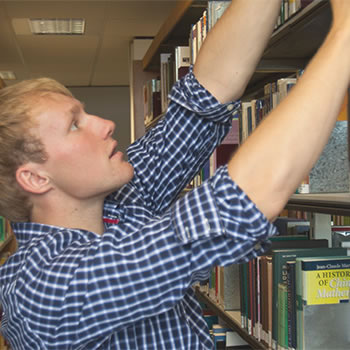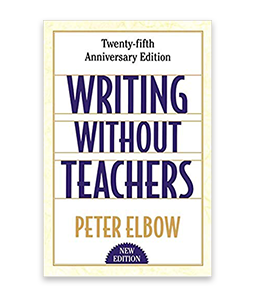- My Library Account
- Collections

Collections
The Library provides access to books, electronic resources, archives, special collections, and more to support your learning and research.
- Research

Research
The Library is committed to supporting your research needs with expert guidance and resources.
- Studying
- Academic Skills Service for Students
- Academic Writing Centre
- Assistive Technology Area
- Borrowing Limits, Lost Books & Fines
- Digital Literacy
- Equipment & More
- Group Study Rooms
- Library & IT Service Desk
- MakerSpace for Students
- Past Exam Papers
- Photocopying & Printing
- Shannon College Library
- Study Spaces
- Using Other Libraries

Studying
The Library has all the resources and supports you need to be successful in your studies at undergraduate and postgraduate level. Whether you're just starting your studies or working on your final project, we're here to help.
- Teaching

Teaching
We are here to help lecturers and academic staff deliver quality teaching and support their students' success.
- About

- Workshops & Events
Writing Without Teachers Review
Elbow, Peter. Writing Without Teachers. London: Oxford University Press, 1998
Review by Tess Ames

Peter Elbow’s Writing Without Teachers demonstrates that any student, regardless of discipline, can express herself and her opinion in an academic style once the fear of ‘wrongness’ or being corrected is removed. The book allows the reader to connect with Elbow on a personal level and to become comfortable with the idea of academic writing as a source of real communication and opinionated speech. Although Elbow’s book is vastly personal, it is informative and helpful to anyone who experiences difficulties with academic writing.
Elbow focuses on the importance of free writing. He looks at the impact of negative feedback on a student’s mind, arguing that the ‘correction, over correction, and fear of wrongness’ leave a student lost in a space where opinions can no longer flourish (23-4). He argues that, by contrast, ‘free writings help you by providing no feedback at all’ (4). As a writer, you should first and foremost clear your mind of any judgements and allow yourself to think openly. It is through this motion of free writing exercises that Elbow promotes healthy growth instead of detrimental criticism of ideas.
From the process of free writing, Elbow moves into what he believes to be the writing process. He argues that when you begin writing, you do not know what you will end up with. This, he reckons, is the most important fact of writing that is often ignored and causes most writers-block or convoluted ideas.
Instead of a two-step transaction of meaning-into-language, think of writing as an organic, developmental process in which you start at the very beginning- before you know your meaning at all – and encourage your words to gradually change and evolve (15).
Though his work is transformative and extremely influential for someone uncomfortable with the writing process, it may seem elementary to those more comfortable. It is Elbow’s tangents and autobiographical slips that make the book so enlightening. This book has shaped my own methods of writing, and I find that in looking back through it I am still greatly influenced by the freeing aspect of journaling and exposing my own ideas without fear or need of justification.











